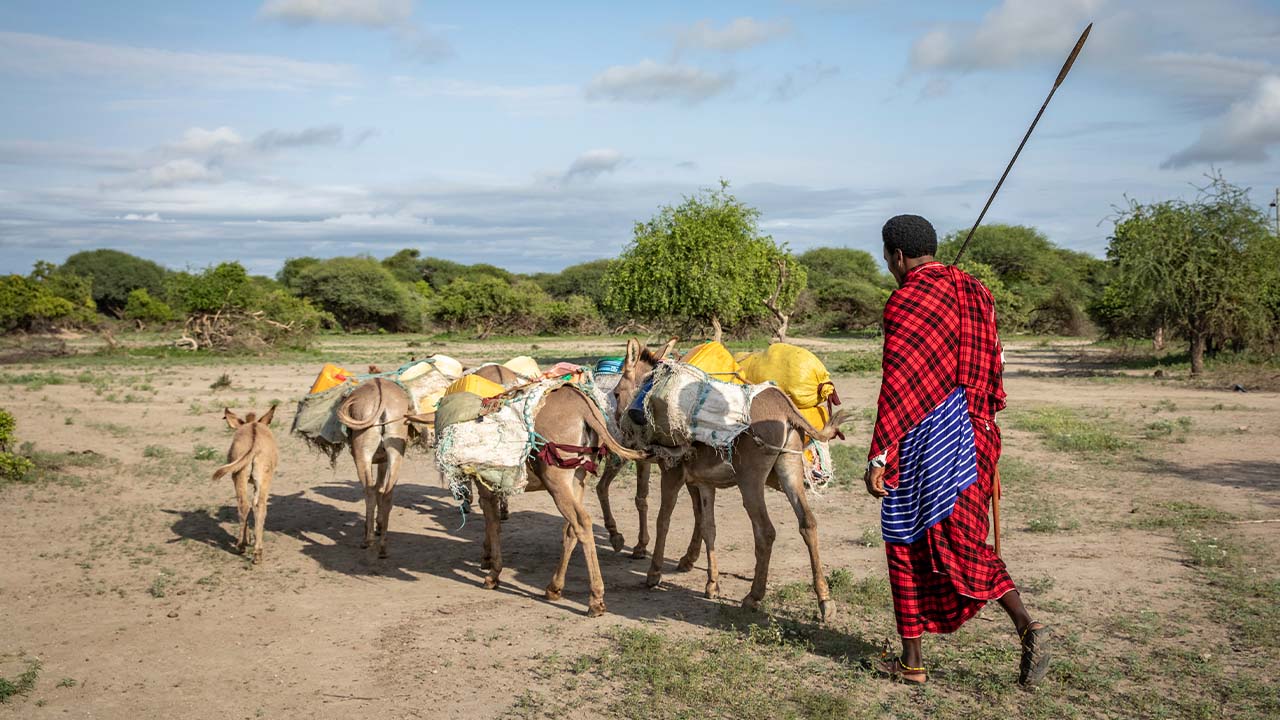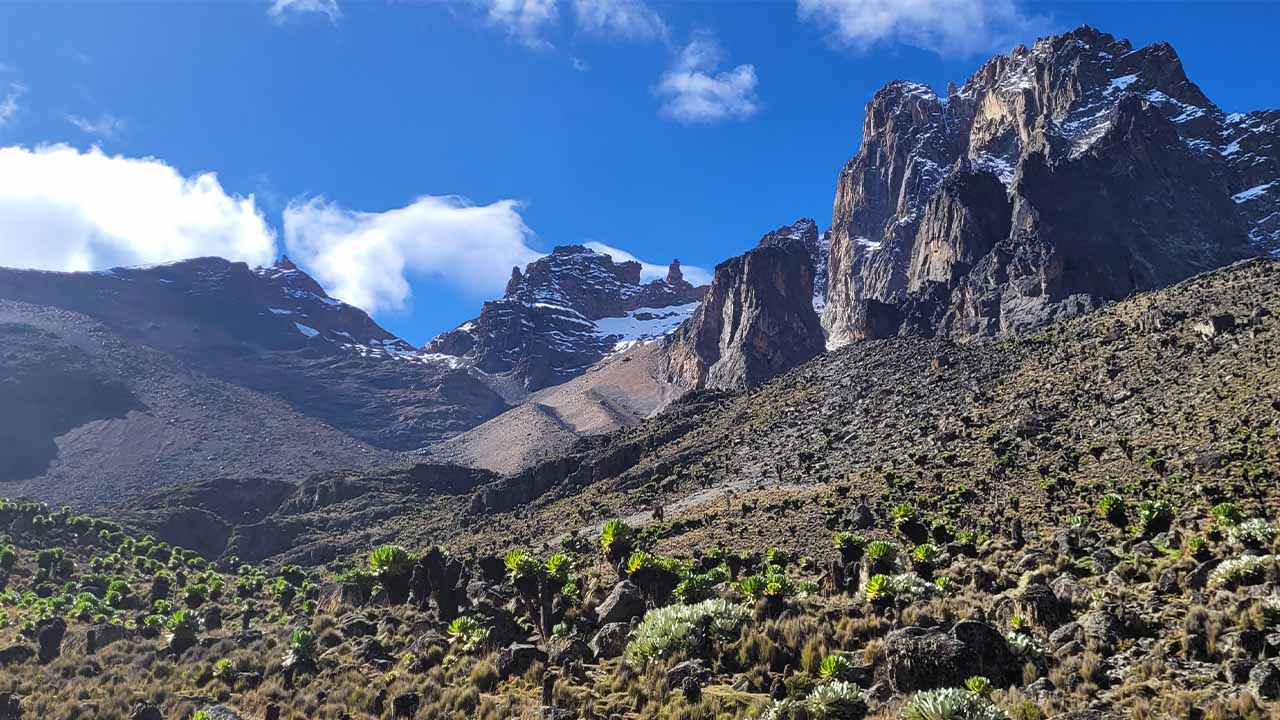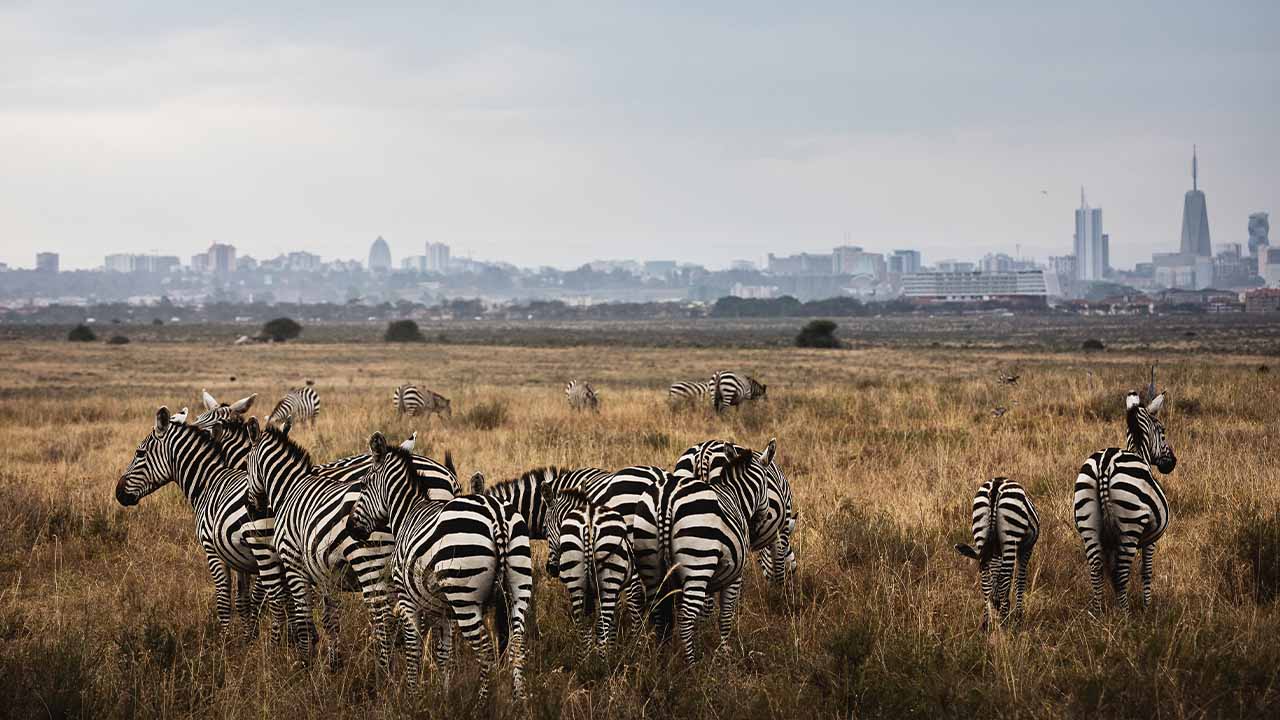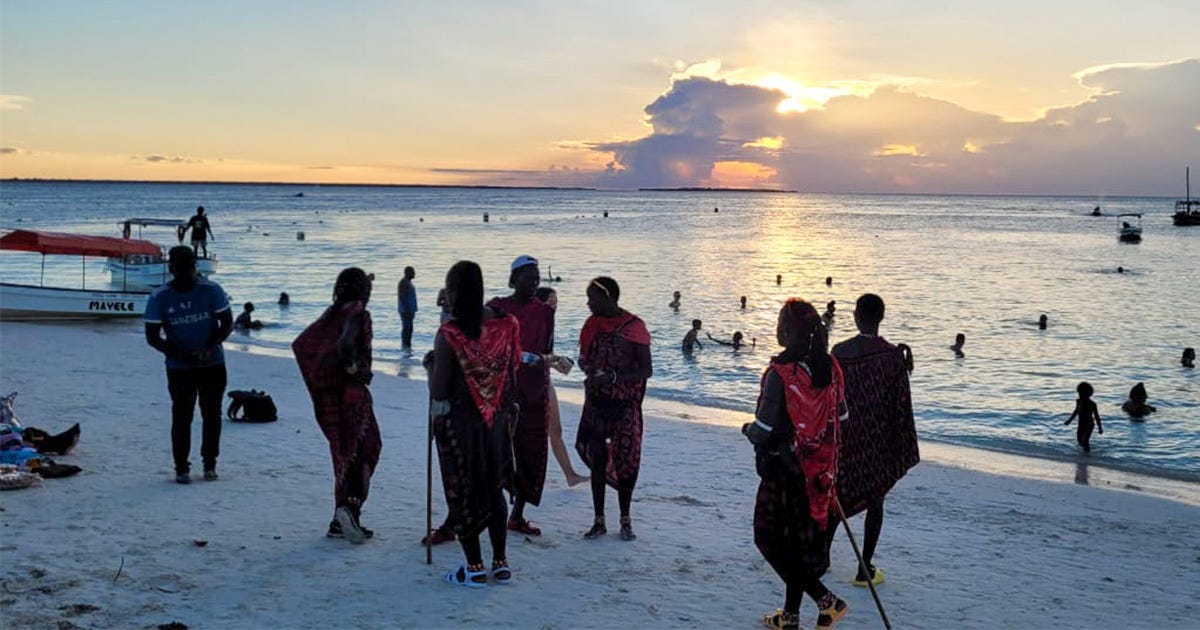
Traveling to Kenya offers a unique and vibrant experience, rich in culture, wildlife, and landscapes. However, like visiting any new country, there are some dos and don’ts to remember to ensure a smooth and respectful visit.
This guide provides essential tips to help you make the most of your Kenyan adventure while respecting the local laws, culture, and environment.
Don’t Bring a Drone
Before you fly a drone in Kenya, you must get the appropriate permissions from the Kenya Civil Aviation Authority (KCAA). This means you must register your drone and get a pilot license for Kenya. You can’t fly it in National Parks without another special permit. In cities, there are many places you can’t fly, and you might have to explain to the police why you’re using a drone. It’s simpler to not bring a drone to Kenya.
Make Sure Photos Are Allowed Before Taking Them
Certain areas, especially government buildings, military sites, and airports, have strict rules against photography. These restrictions are in place for security reasons and to protect sensitive information. Before you take a picture, always look for signs indicating whether photography is allowed or ask someone in authority if it’s unclear. Taking photos without permission in these restricted areas can lead to legal problems.
Don’t Take Pictures of People Without Permission
Always seek consent before photographing people. It’s a matter of respect and privacy, and it’s essential to honor the wishes of the locals. Be mindful that, in some locations, locals might request a small tip in exchange for being photographed.
Don’t Bring Plastic Bags
Kenya has banned non-biodegradable plastic bags. Consider bringing reusable bags, which are much better for the environment and are allowed in the country. You can buy one of these in most supermarkets.
Don’t Overlook Environmental Conservation Efforts
When visiting Kenya, engage with the environment respectfully. Follow guidelines in national parks, avoid disturbing wildlife, and participate in eco-friendly activities. Understanding and respecting these efforts enriches your travel experience and contributes to preserving Kenya’s natural treasures.
Don’t Be Afraid to Say No In Local Markets
If you’re not interested in a purchase in local markets, saying no is perfectly fine. Sellers may use persuasive tactics like inviting you to look for free or encouraging you to handle the merchandise, often followed by appeals for sympathy, claiming they need the sale to support their families. While being empathetic is essential, remember it’s not your obligation to buy. Stay polite but firm in your refusal.
Don’t Be Surprised by Different Prices for Locals and Tourists
It’s common in Kenya for tourists to be charged more than locals for services and even entry fees to places like national parks. This isn’t always a scam; it’s just how things are done. You can check the official prices for National Parks on their websites or on signs at the parks. They list prices in Kenyan Shillings for locals and US Dollars for foreigners.
However, when shopping at markets, expect the initial prices to be higher for you as a foreigner. It’s okay to negotiate. Bargaining is part of the shopping experience in Kenya, and you can often get the price lowered to something more reasonable.
Don’t Get Upset by Security Checks
In Kenya, security checks for vehicles and personal belongings are standard in public places like malls, hotels, supermarkets, and at the entrance of public buildings. They are part of the city’s efforts to increase safety standards, so don’t feel offended or singled out when they happen. Just see it as a part of visiting or living in the country.
Don’t Be Afraid, But Don’t Be Stupid
Kenyans are generally welcoming and might show interest in you by asking questions like where you’re from, whether you’re alone, or how long you’ll stay in the country. I enjoy connecting with locals and sharing stories. It’s a rewarding experience, but staying alert and careful is also essential. You don’t have to share personal details with everyone who asks on the streets.
Similarly, if someone you don’t know calls you over in a place you’re not familiar with, it’s okay to keep moving. There is no reason for you to stop and risk yourself. Be wise about the situations you engage in, but don’t let fear stop you from exploring, meeting new people, and enjoying the local culture.
Don’t Take Staring to Heart
People might stare at you, especially if you stand out as a foreigner. This is usually out of curiosity rather than rudeness. Try not to take it personally or let it bother you. Most of the time, people are just interested in learning more about you or are simply surprised to see someone different.
Share This Article
What to read next
Disclaimer: This post may include affiliate links. We may receive a commission at no extra cost to you if you click one of them. Thank you for your support!


